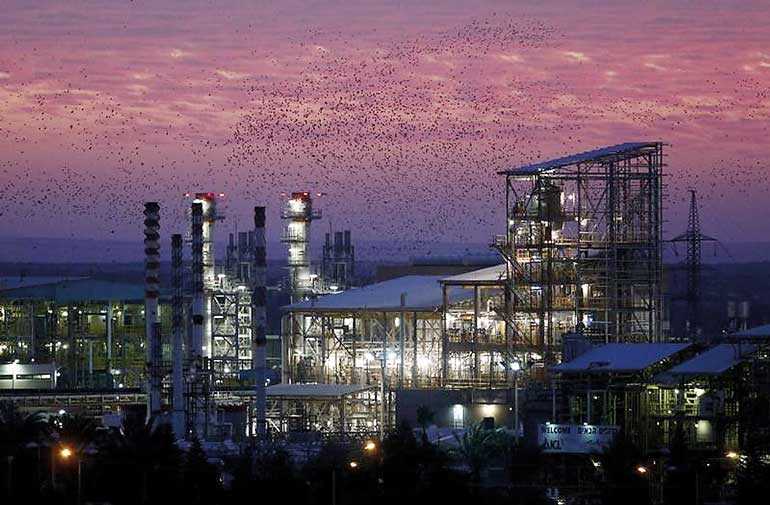Friday Feb 20, 2026
Friday Feb 20, 2026
Thursday, 2 January 2020 00:58 - - {{hitsCtrl.values.hits}}

Migrating starlings fly across the sky, in southern Israel
TEL AVIV (Reuters): Israel’s economy grew 3.3% in 2019, its slowest pace since 2015 and below the 2018 rate of 3.4%, the Central Bureau of Statistics said in its preliminary estimate on Tuesday.
Growth this year — the highest among Western countries and almost double the OECD average of 1.7% — was weighed down by near-zero growth in investment in fixed assets and weaker exports. That was largely offset by gains in government and consumer spending over 2018.
In its latest estimate, in October, the Bank of Israel had forecast a 2019 growth rate of 3.1%.
The bureau revised third-quarter gross domestic product growth to an annualized 4.0% from an initial 4.1% estimate. It noted gross domestic product has jumped 44% in the past decade.
Growth in 2020 is expected to remain close to 3%, but Bank of Israel policymakers have expressed caution, given the current government stalemate. Israel is headed to a third election in less than a year in March after the failure to form a governing coalition following elections in April and September.
Consequently, a 2020 state budget is unlikely to be approved until at least mid-2020. The current caretaker government is limited in its ability to enact economic policies.
The central bank held its benchmark interest rate ILINR=ECI at 0.25% on 25 November, and most economists expect steady rates for the time being.
But central bankers believe “there may be a need to increase the extent of monetary policy accommodation going forward” should the economy weaken, minutes of the discussions showed. The next rates decision is Jan. 9.
In 2019, Israel’s economy produced a record 1.4 trillion shekels ($405 billion).
On a per capita basis, the economy grew 1.3% as a result of a 2% rise in the country’s population to above 9.1 million, compared with an OECD average of 1.1%.
Investment in fixed assets grew 0.3% this year after a 4.8% jump in 2018. Exports, which account for around 30% of economic activity, increased 3.3%. Private spending — another economic driver — grew 3.9% and government spending rose 4.1%.
Israel’s economy had grown 3.4% to 4% the prior three years after expanding 2.3% in 2015.